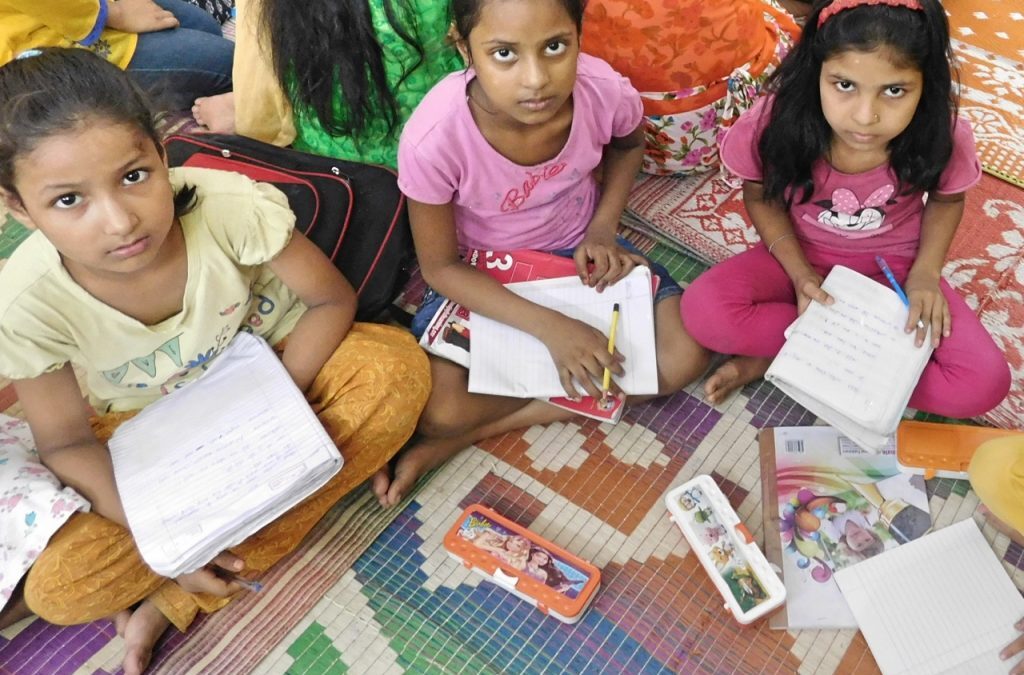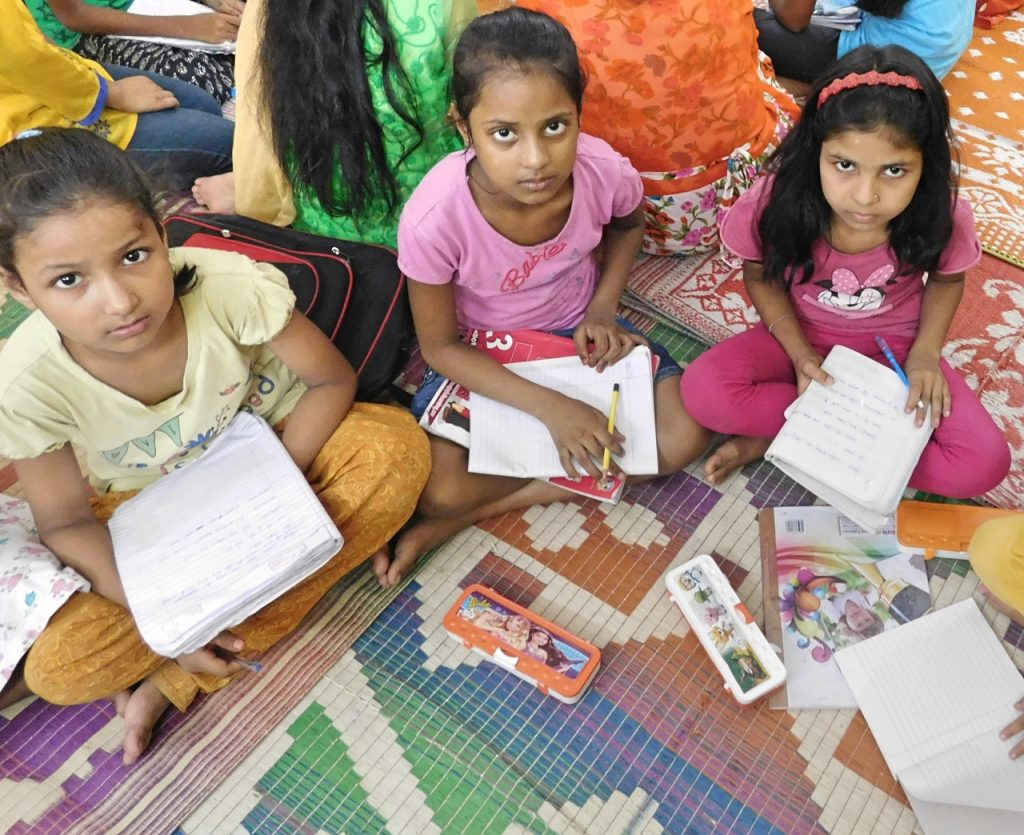A recent UNESCO report states that India could be late by half a century in achieving its global education commitments. It would need to make fundamental changes in the education policy if it were to meet the 2030 goals. At present India is expected to achieve universal primary education in 2050, universal lower secondary education in 2060 and universal upper secondary education in 2085.
That education is the one and only road to transformation is indubitable. Education helps break the poverty cycle and hence should be given centre stage. But that is not the case; hence the delays un meeting the millennium goals.
If we are to go with the stated report then it will take another 34 years for ALL children in India to acceded to primary education.
Let us leave statistics alone and look at the human factor. What this means is that for many millions of children today primary education remains a dream. The reasons are many. From poorly run schools, to lack of teachers, to lack of motivation, to gender bias, to access to schools, to inclusiveness, to poverty etc. Each of this is redressable.
But time is a crucial factor and time is something that children do not have. They grow every minute and before even planning can be done, they have missed the coach.
It is imperative that immediate solutions are found and implemented.
One such solution is Project Why.
Education does not simply mean enrolment in a school. Only if the education is of quality will it help transform a life. In todays education scenario going to school alone does not suffice. What has come to be know as ‘shadow education’ – after school tuition, coaching, extra classes – is a essential to success. This comes at a price the poor cannot pay. This is further compounded by the fact that poor children often have illiterate parents who cannot provide any support.
It is over 1000 children that Project Why helps at no cost for the past 16 years. The fact that the problem is not only real but calamitous is amply demonstrated by the large number of children who have come to Project Why after 3, 4, 5 and even more years of sitting on a school bench and who could barely read or write. Such children drop out often by the end of primary school or when they face their first real exam.
The flip side is that the same child who would have dropped out and been considered a failure needs only a little help to make up for lost years and reach the top of her class. We have many such children. That is what makes the situation so tragic.
Project Why is a minuscule effort but one that bears fruits. At least for these 1000 children education is a reality.





